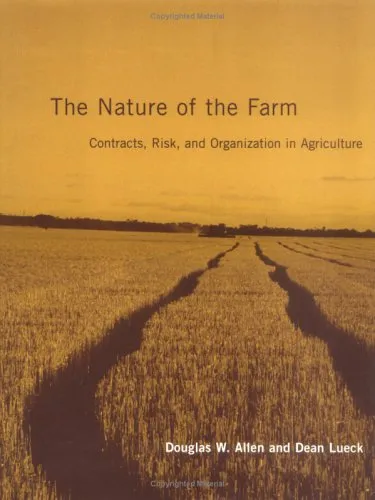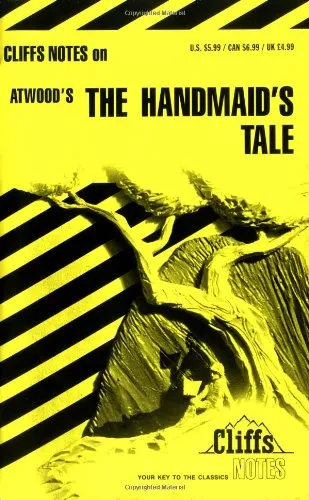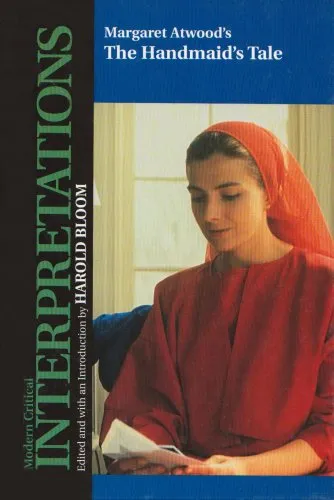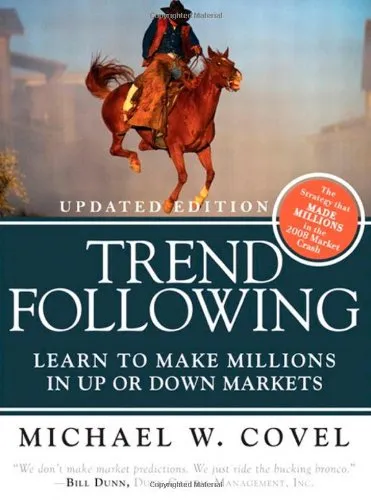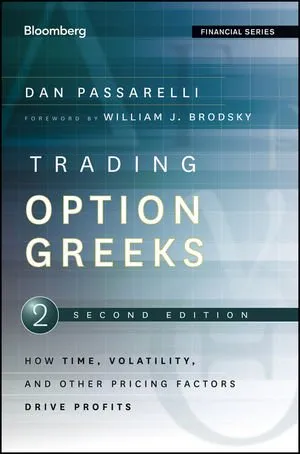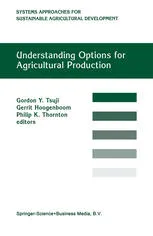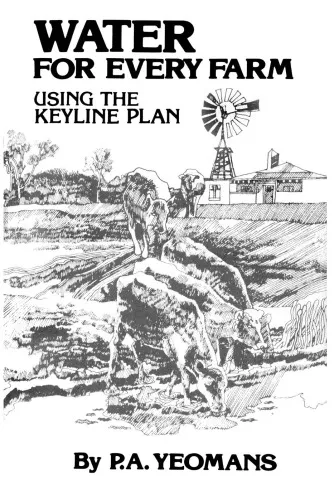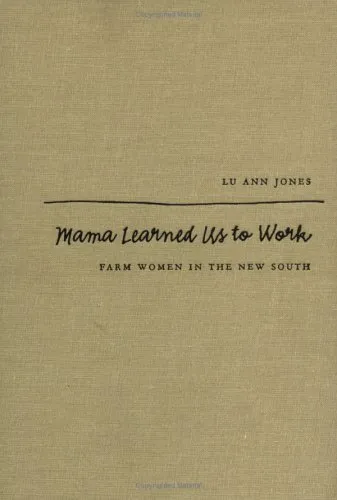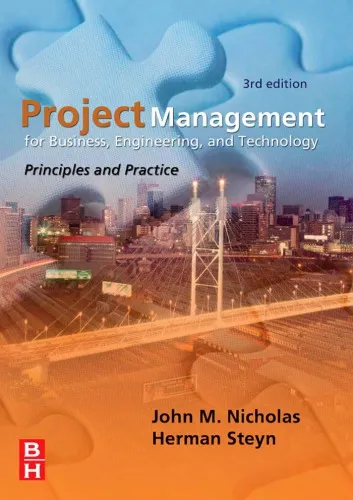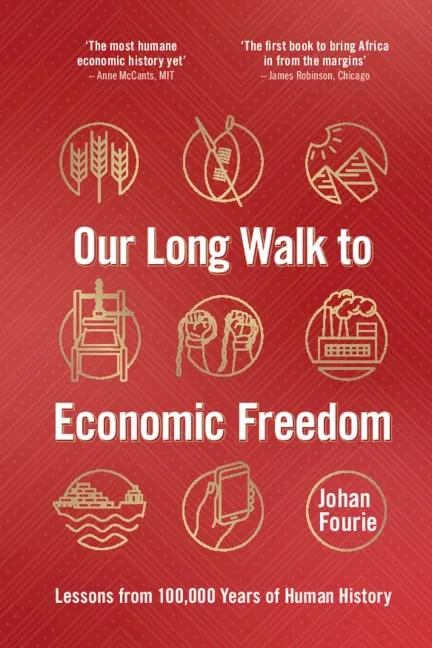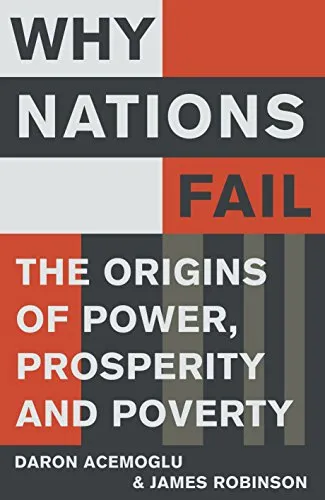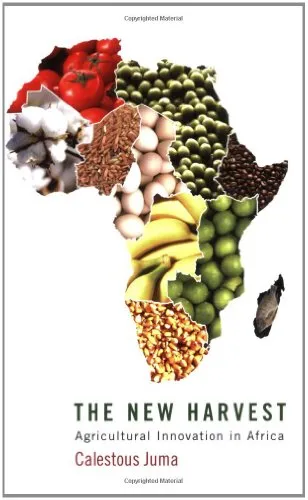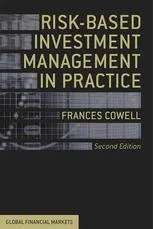The nature of the farm: contracts, risk, and organization in agriculture
4.5
Reviews from our users

You Can Ask your questions from this book's AI after Login
Each download or ask from book AI costs 2 points. To earn more free points, please visit the Points Guide Page and complete some valuable actions.Related Refrences:
Welcome to the fascinating exploration of agricultural contracts and organization, as depicted in "The Nature of the Farm: Contracts, Risk, and Organization in Agriculture" by Douglas W. Allen and Dean Lueck. This book delves into the economic principles underlying the structure and organization of farms, analyzing how contracts mitigate risks and influence agricultural practices. With a rigorous examination grounded in economic theory and empirical observation, the authors unravel the complexities behind agricultural choices, providing readers with profound insights into a critical sector that shapes economies and societies worldwide.
Detailed Summary of the Book
The book begins by examining the historical and economic context of farming, highlighting the unique characteristics that differentiate agriculture from other industries. Allen and Lueck explore the reasons behind various organizational forms observed in farming, such as family farms, corporate farms, and cooperatives. By analyzing the economic principles of transaction costs, risk management, and incentive structures, the authors craft a theoretical framework that explains these organizational choices. They highlight the role of information asymmetry and the nature of farming tasks in shaping contractual arrangements between landowners, managers, and workers.
One of the core themes of the book is the concept of "contractual choice." The authors explain how the choice and design of contracts are driven by efforts to minimize risk and maximize efficiency, especially given the inherent uncertainties of weather, pests, and market fluctuations. Throughout the book, Allen and Lueck illustrate these concepts with numerous examples, ranging from sharecropping agreements to modern agricultural cooperatives, bringing theoretical concepts to life with real-world applications.
This book doesn't shy away from the complexities of farming, providing a robust analysis of agricultural risks and the mechanisms used to navigate them. It is comprehensive in its approach, addressing a plethora of factors influencing farm organization including technological advances, policy changes, and social forces. "The Nature of the Farm" offers a detailed account of how these factors intertwine to influence decision-making at both individual farm and broader industry levels.
Key Takeaways
- Contracts in agriculture are primarily designed to control risk and align incentives between parties.
- The organizational structure of farms is deeply influenced by technological and environmental variables.
- Sharecropping, while historically viewed negatively, can be an effective risk-sharing arrangement.
- Understanding agricultural contracts is essential for comprehending the broader economic dynamics of the farming industry.
Famous Quotes from the Book
"The economic organization of the farm is a result of the intricate dance between managing risk and leveraging knowledge."
"Contracts in agriculture are drafted in the shadow of uncertainty, yet they provide the scaffolding for stability and growth."
Why This Book Matters
"The Nature of the Farm" is a pivotal text for those seeking to understand the intersection of economics and agriculture. The insights offered by Allen and Lueck are not only important for economists and policy makers but also for anyone connected to the agricultural sector. They illuminate how theoretical principles manifest in practical contexts, helping stakeholders make informed decisions based on sound economic reasoning.
The book's contribution extends beyond academia; it provides valuable lessons for improving agricultural policy and practice worldwide. By highlighting the intricacies of farm management and organization, it also informs debates on sustainable agriculture and food security, making it a relevant and thought-provoking read for an array of audiences.
Free Direct Download
You Can Download this book after Login
Accessing books through legal platforms and public libraries not only supports the rights of authors and publishers but also contributes to the sustainability of reading culture. Before downloading, please take a moment to consider these options.
Find this book on other platforms:
WorldCat helps you find books in libraries worldwide.
See ratings, reviews, and discussions on Goodreads.
Find and buy rare or used books on AbeBooks.
1372
بازدید4.5
امتیاز0
نظر98%
رضایتReviews:
4.5
Based on 0 users review
Questions & Answers
Ask questions about this book or help others by answering
No questions yet. Be the first to ask!
